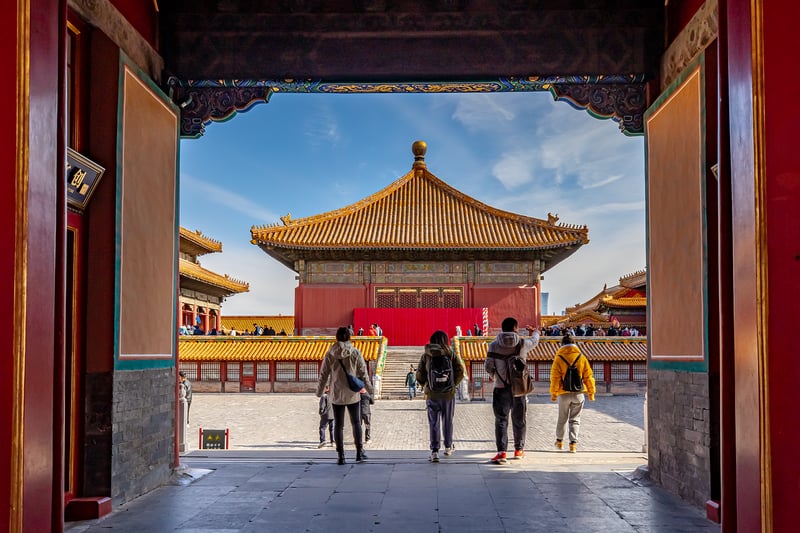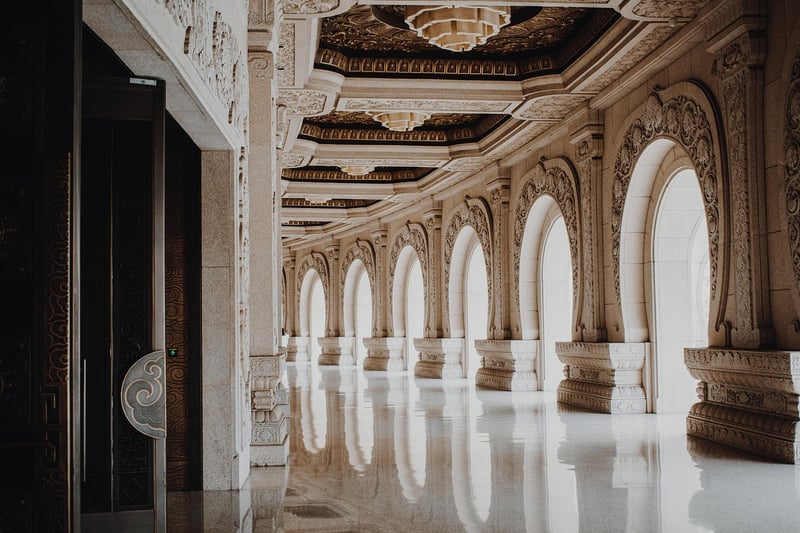Altering History
The Risks and Consequences of Altering History

History is a record of the past, documenting events, cultures, and civilizations that have shaped the world we live in today. While the idea of altering history may seem intriguing, it comes with significant risks and consequences that can have far-reaching impacts.
1. Distortion of Truth
One of the primary risks of altering history is the distortion of truth. By changing or manipulating historical events, we risk losing the accuracy and authenticity of the past. This can lead to a skewed understanding of our origins and the lessons we can learn from them.
2. Butterfly Effect
The butterfly effect, a concept in chaos theory, suggests that small changes can have large, unpredictable consequences. Similarly, altering even minor details in history can have cascading effects that reshape the present and future in unexpected ways.
3. Loss of Cultural Identity
History is not just a collection of facts but also a reflection of cultural identity. By tampering with historical events, we risk erasing the unique heritage and traditions that define various societies. This can lead to a homogenized world devoid of diversity.
4. Ethical Dilemmas
Changing history raises ethical dilemmas about who has the right to control the narrative of the past. It can involve issues of censorship, manipulation of information, and the suppression of voices that deserve to be heard. These ethical concerns can have lasting repercussions on society.
5. Loss of Lessons and Reflection
History serves as a teacher, imparting valuable lessons from past mistakes and achievements. By altering history, we risk losing the opportunity to reflect on our collective experiences and make informed decisions for the future. This can hinder progress and perpetuate cycles of ignorance and conflict.
In conclusion, while the idea of altering history may hold a certain allure, it is essential to recognize the risks and consequences associated with such actions. Preserving the integrity of history is crucial for understanding our roots, valuing diversity, and shaping a better tomorrow.
Image source: Pixabay
